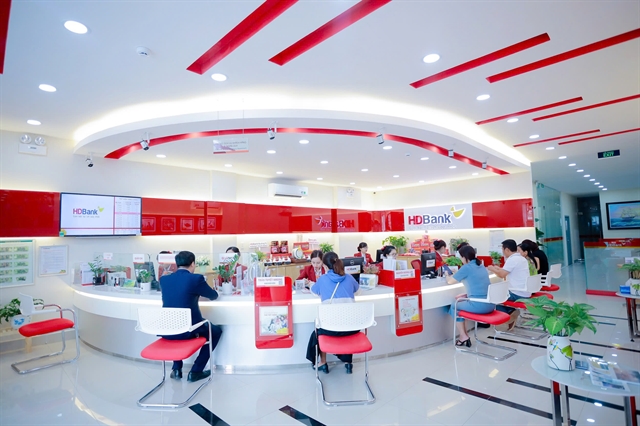 Economy
Economy


|
| A representative of F88 (left) received the award. — Photo courtesy of F88 |
HÀ NỘI — Operational capacity, often absent from financial statements and rarely reflected in quarterly earnings, is gaining ground as a critical factor in assessing the long-term viability of financial companies — especially those in the alternative lending space preparing for public listings.
As capital markets become more cautious, investors are shifting focus from rapid growth to sustainability, risk management and regulatory readiness.
In this context, the internal operations of a company — including legal compliance, customer service standards and risk control — are quietly becoming a benchmark for valuation, even if they remain behind the scenes.
This trend is particularly relevant for emerging models like peer-to-peer lending, buy-now-pay-later or asset-backed lending, many of which still operate outside Việt Nam’s formal regulatory frameworks. In the absence of comprehensive legal oversight, strong internal governance becomes a proxy for regulatory alignment and listing readiness.
While Việt Nam has yet to mandate operational standards for non-bank financial institutions, a growing number of players are moving proactively. These include voluntary ESG assessments, credit ratings and international certifications in customer protection and data security.
Such initiatives not only help mitigate future compliance risks, but also provide a competitive edge. Operational transparency is becoming a form of signalling — a quiet assurance of professionalism and resilience to both investors and regulators.
Among those adopting this approach is F88, a Vietnamese asset-backed lending firm, which has received regional recognition for its legal and governance practices. The company was recently named among the Top 6 Legal Teams in Southeast Asia at the 2025 ALB SE Asia Law Awards, alongside multinationals such as ADB and Maybank.
F88 is also the only company in Việt Nam to have received the international Gold-level Client Protection Certificate, which evaluates customer-centric governance across legal frameworks, HR policy and service delivery. While still uncommon in the local sector, the certification reflects a commitment to institutional maturity.
As alternative finance continues to evolve, operational excellence is increasingly viewed not as a support function, but as a strategic pillar. In a landscape still taking shape — and often lacking detailed regulation — long-term success may depend less on aggressive growth and more on internal strength and adaptability.
Firms investing early in governance, compliance and internal systems are positioning themselves for greater investor confidence, higher valuation and smoother paths to listing when the regulatory environment catches up. — VNS




